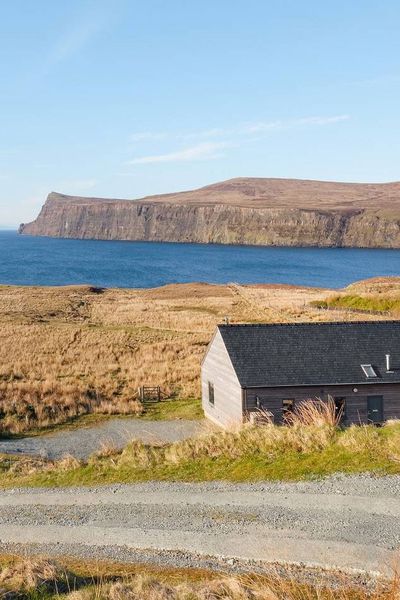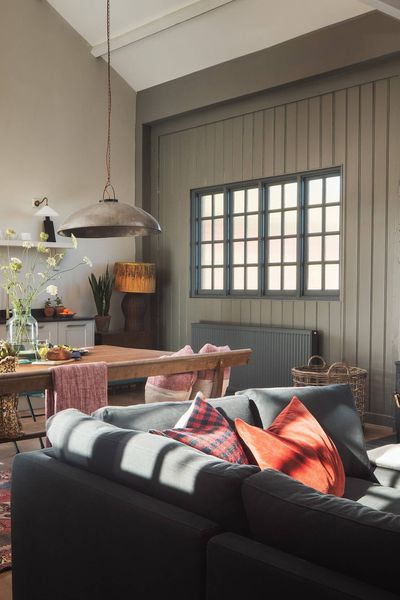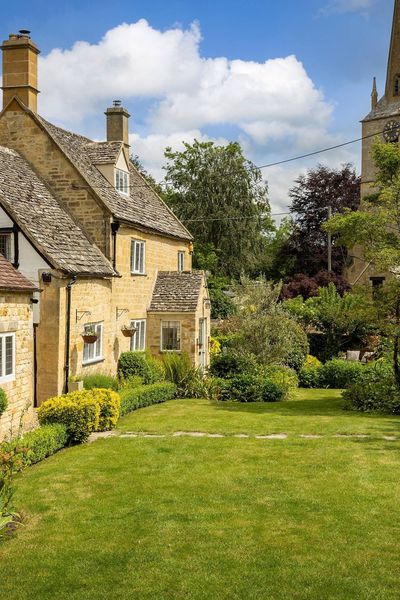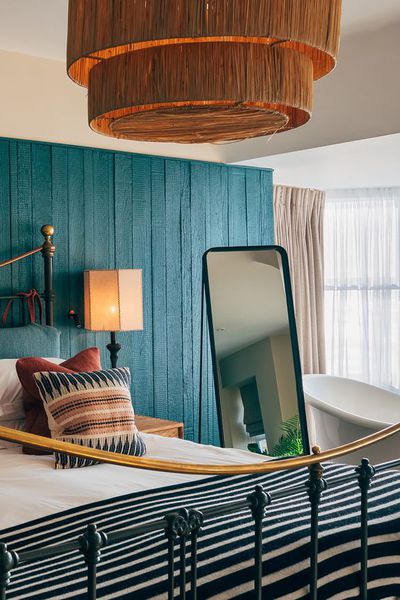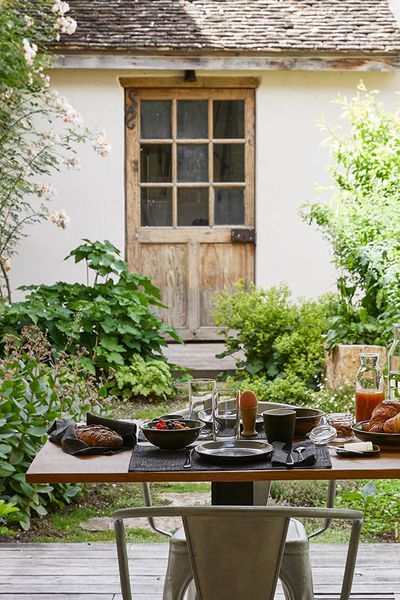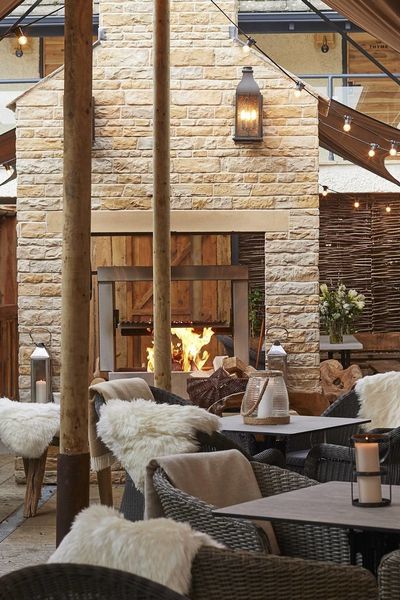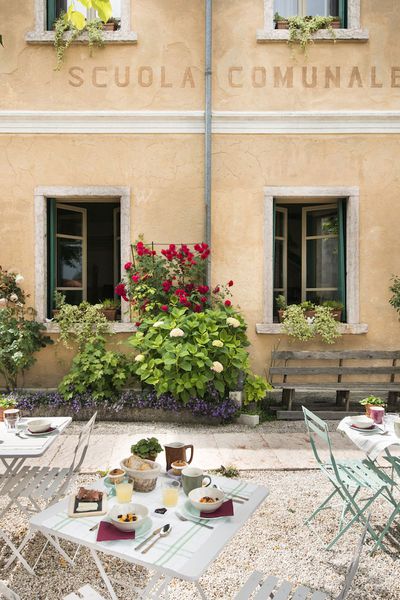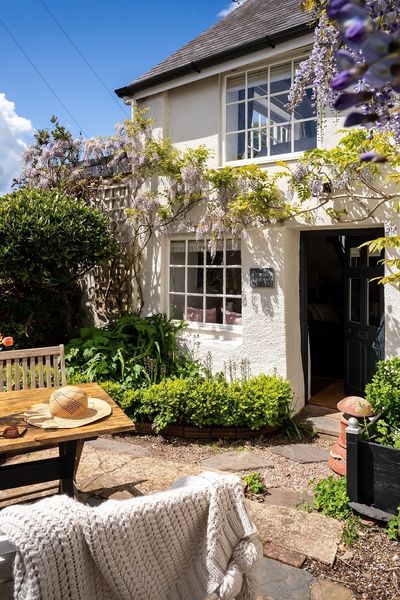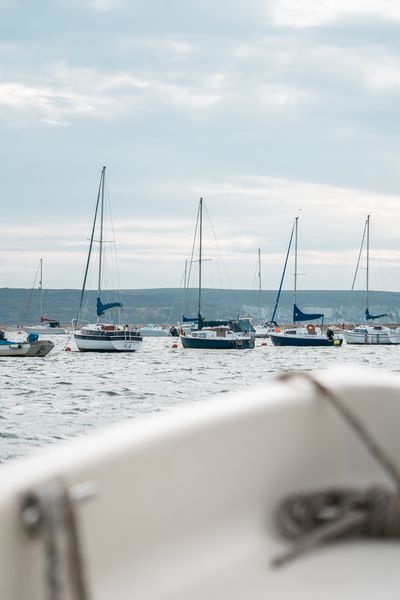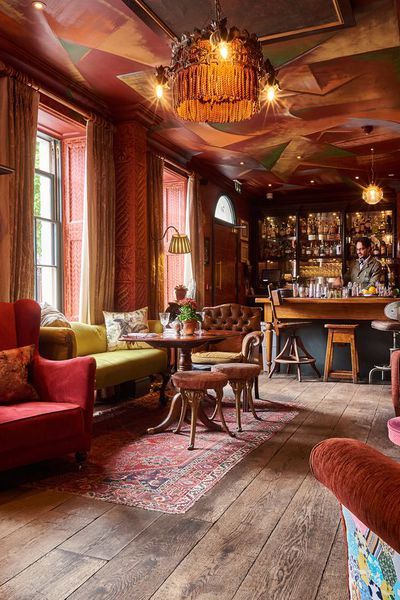
After winter, spring: A film-maker’s portrait of change and tradition in the Dordogne countryside
5 min read
Filmmaker Judith Lit grew up on a farm in Pennsylvania, and when she bought a hilltop house in the Dordogne 26 years ago, she felt like she’d rediscovered a feeling from her youth. The craft and connection to the land that people showed were instantly familiar, but so was the sense of decline that hung over it. As the years went by, she saw fields sold off and young people moving away, but it was the passing of her neighbour that triggered the desire to capture what seemed to be a vanishing way of life.
“I saw the changes happening, and then my neighbour who was an old man and the only other farmer up on this hilltop with me, he died and I realised that he was sort of the end of an era in a certain sense. I decided to make a film about what was being lost. And in actuality, as the film developed, I realised that what I was really investigating was… what is the country life? What does it mean to work the land? What does that do in terms of your life outlook and your values?”
Over four years, she filmed every season in the Dordogne, following farming families who proudly call themselves “paysannes”, peasants, people of the land, through the lows of poor harvests and harsh snows, to the highs of new births and spring’s promise. She talks of the sense of connection that you feel in the way people live there, how they’re bound to the land and at peace with the fact that their lives are at the mercy of the weather. In one scene, an old man laughs as he states, “it’s the sky that’s in charge in agriculture.” Judith sees the influence of that relationship in more than the profession of farming.
“What I noticed first,” she says, ”is that people are very attentive. They have to be attentive – to the weather, to the change in the winds, to how the cows are acting. It’s a level of awareness that a lot of us who live in cities don’t have. We get through the day and we have blinkers on. It’s a kind of presence, I would say, with people here. I meet them, and they look at me, really look at me. They’re present.”
After Winter, Spring – Official Trailer from Judith Lit on Vimeo.
For many, including one local whose interview didn’t end up making the film, that presence and openness is one of the things that has made the Dordogne such fertile ground for tourism. Judith explains an expression he uses in the local patois, which means something like , “come in, this is your home” and is a traditional greeting to anyone who knocks on your door.
While tourism has made the Dordogne popular, some would say it has contributed to the erosion of the farming lifestyle, but Judith disagrees. “I was at a market on Sunday and it was filled with tourists, you’d think it was August! Every town has a market, there’s one very day. And a lot of people are coming here and visiting them and that keeps producers going.” She puts the drain of young people out of farming communities, down to the intensity of the lifestyle. “when kids see other people working on computers and having holidays, it makes farming look hard, and it is, especially right now.” But even here there are stories of renewal.
“One local told me how his children didn’t want to farm and he retired. He sold his cows to a neighbour and stopped growing his tobacco. But he also did this other thing called feuillard. It’s where you take branches of chestnut and cut them in half, then work them with a knife and they become what wraps around wine barrels. It used to be a winter occupation for every single farmer around here. He was one of a few still doing it. And he keeps saying in the film, “I wish I could teach a young person to do it” but no one had the patience. Then suddenly his daughter decided to do it and she now is a feuillardier and probably one of the only women ever to do it. So that’s something that will survive for a while longer.”
The film is a lyrical portrait, capturing the people, pace and peace that make a rural existence such a contrast to the urban cacophony most of us live in. If we all make an effort to engage with and support local communities when we shop and travel, then the human, gentle way of life it depicts might not be confined to history just yet.
Judith Lit is the owner of Gaurenne, a gîte in the Dordogne.


Browse our special places to stay in Dordogne >
Want more travel inspiration? Get our email updates direct to your inbox.
Sign up >Share this article:
You might also like
Discover the new generation of B&Bs
Laura Fairman
5 min read
A trip 25 years in the making

Christopher Wilson-Elmes
Sawday's Expert
5 min read
A few days in… Normandy

Christopher Wilson-Elmes
Sawday's Expert
5 min read
